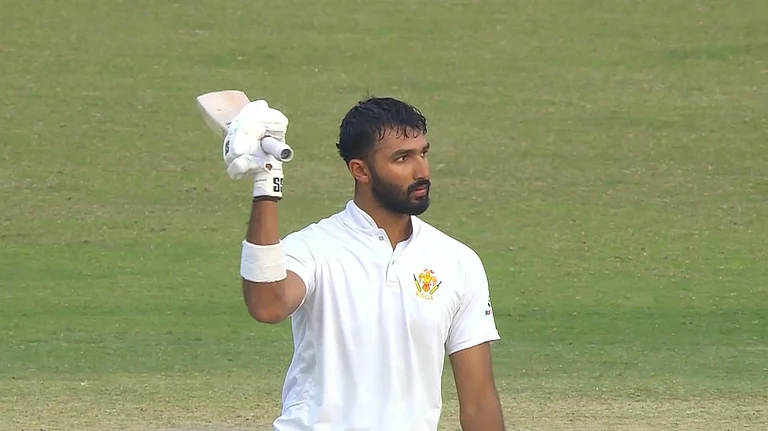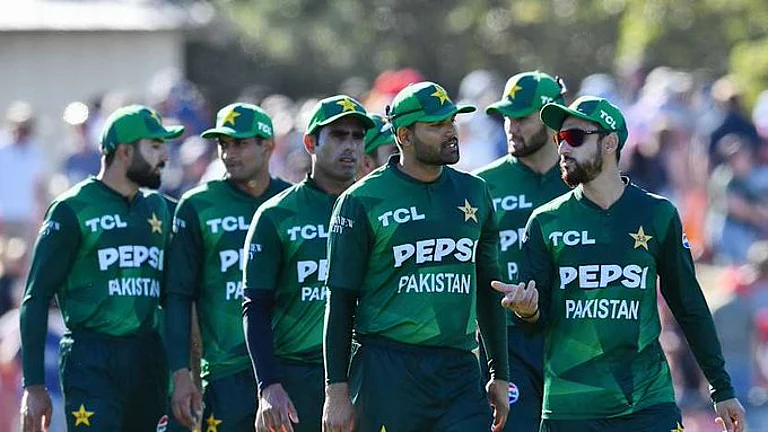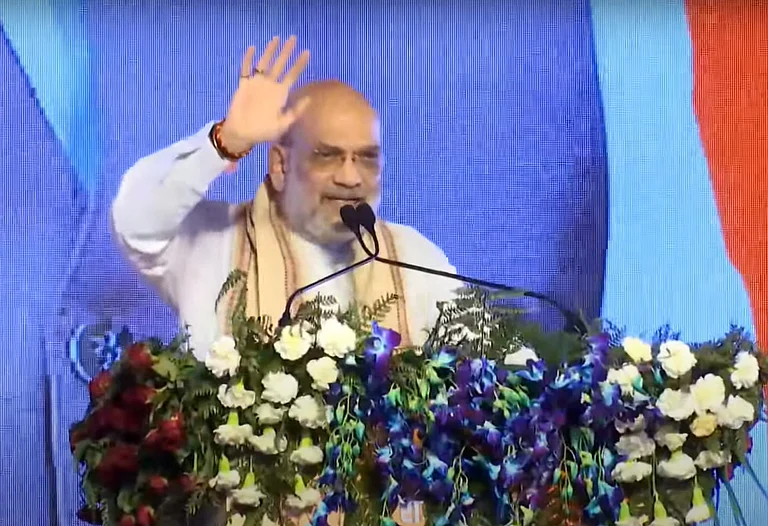The basic premise is that the US should confront the reality that India and Pakistan have nuclear weapons. We believe South Asia is now a more dangerous place but sanctions will not improve the situation. We have urged India and Pakistan to take steps to enhance regional stability. The report tries to tell the US Congress and administration that sanctions will not work—apart from pushing Pakistan economically to the edge. The real issue is to make India and Pakistan take the steps for which we are talking to the governments of the two countries. Parallel to this, the US government can remove the sanctions which will make it easier for India and Pakistan to take these steps. Both have to happen together.
Why are you so strongly against the sanctions?
Sanctions in this case are simply a tool of US foreign policy, and not a terribly effective tool. Sanctions penalise US business and do not contribute to bringing stability in South Asia. It might have some negative impact on the two countries as far as investment is concerned, but it's not an unbearable one. Sanctions are not the best tool to promote US interests and need to be rethought.
What are the steps you are suggesting India and Pakistan take?
Both India and Pakistan should stop nuclear tests forthwith and sign the CTBT. They should participate in negotiations for a reduction of arms in the region and make a formal agreement banning exports of nuclear or missile technology, and putting nuclear warheads on missiles and aircraft. This is in their and the region's best interest. The two countries should also develop bilateral relations—political, cultural and economic, and take steps to calm the situation in Kashmir. These steps would make it possible and easier for the US president to lift sanctions.
India hasn't been affected much. In fact, there's an impression the US was not too serious about the sanctions.
Although it appears that India is not affected, it's probably too soon to measure the impact. It will gradually come to the fore as a lot of investment has been discouraged. The imposition of sanctions was totally according to the provisions of the Glenn Amendment and also a natural reaction. However, I feel that action needs to be based on the fact that India and Pakistan will have some nuclear weapons in future. Sanctions will never succeed in persuading the two nations to reduce nuclear weapons. And the negative impact that sanctions are having on American business is phenomenal. In the current context, there is no good rationale for the sanctions and it needs to be thought about again.
What other options does the US government have apart from sanctions?
It can impose control on technology, exports and arms. It can control the sale of conventional arms and control access to advanced research in areas like atomic energy. As a last resort, the use of force could also come in.
But that would be an extreme step and even more counter-productive than sanctions.
Yes, but this has been done on several occasions on several countries (like North Korea) in the past and succeeded.
Have sanctions worked to their fullest potential anywhere in the world?
Yes, in Iraq after the Gulf War. It cost Saddam Hussein almost $100 billion in revenue. It limited his ability to rebuild his military. Without sanctions, Iraq would have been a more formidable threat than it is today. Sanctions also contributed to the end of apartheid in South Africa. Yugoslavia and Serbia are other examples.
Shouldn't India and Pakistan be now officially declared as nuclear weapon states?
No, there should be no official declaration, not only for India and Pakistan, but for anyone else. There is a fundamental difference between states with nuclear weapons and nuclear weapon states. India and Pakistan fall under the first category. The second is a special category of five states under a special treaty which should not be opened and the special status should not be extended to anyone under any circumstances, for the best interest of mankind in general.
But isn't the Western stance that only the select five should be nuclear weapon states hypocritical?
It is more a conscious discrimination than hypocrisy. The Nuclear Non-Proliferation Treaty is built on the premise that there will be five nuclear power states and that the stability of the world will be disturbed by more such states. Also, that these five states will reduce their inventory of arms. So the discrimination is not only for India and Pakistan but for all others and it's discrimination with a purpose.






















